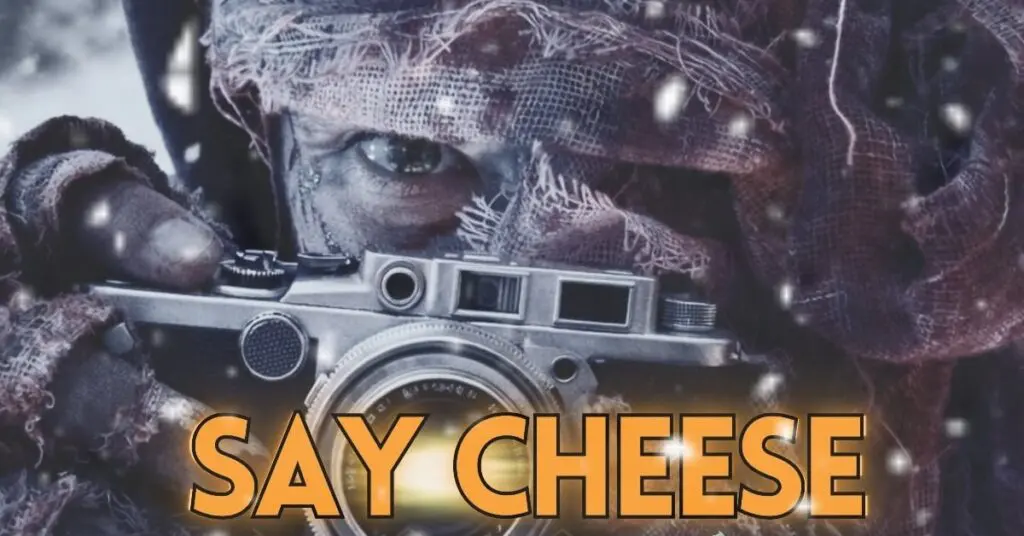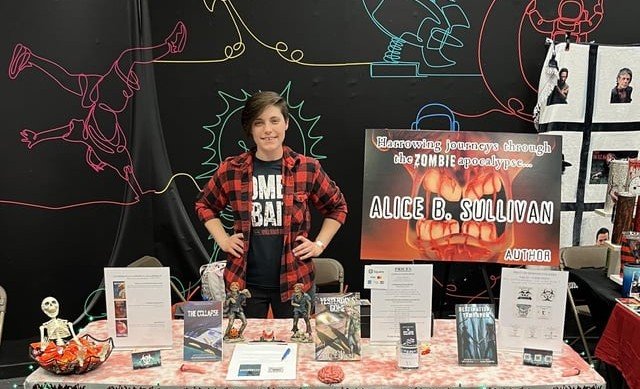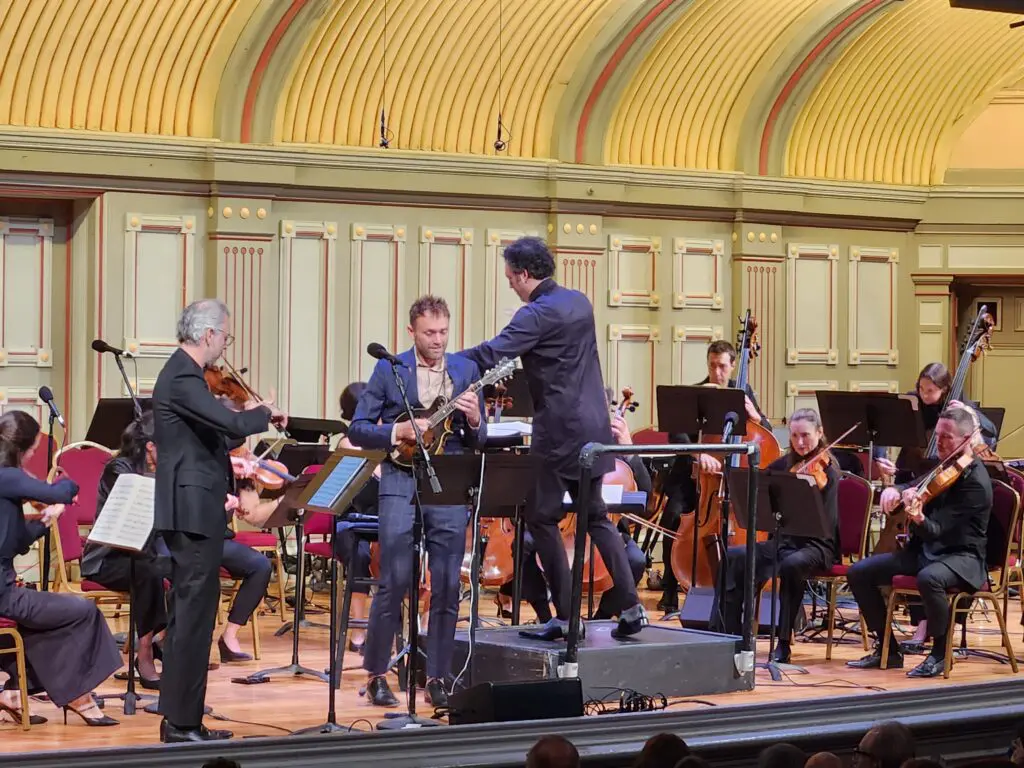Ian Anderson (Jethro Tull) – an Xperience Interview
By Staff on October 31, 2023
Ian Anderson – an Interview with Liam Sweeny.
Some bands define their genre, and in the genre of “classic rock,” no one defines the genre like the band Jethro Tull. They’ve been a band over seven decades, which has culminated in a “Seven Decades” tour.
We reached out to Jethro Tull frontman Ian Anderson.
RRX: You’re on the seven decades tour right now, which is a world tour. Tours can simply be a series of shows, or they can be something where the whole is greater than the sum of their parts. In what ways is Seven Decades greater than the sum of its individual shows?
IA: Well, it’s basically the billing of the concert tours in most of this year, which includes the USA. Some of the concert tours are a number of dates together, some of them are one or two shows, and then we come home again for three nights, or whatever it might be. It’s really more a commute than one lengthy tour. I haven’t gone away on six-week tours since the seventies, it’s just not something I ever want to do. So I tend to do short tours, maximum, say, five or six shows, and minimum one show and come home. But that happens every week, pretty much, so every week I’m away two, three, four, five days at a time. Billed Jethro Tull ‘Seven Decades’ since we started at the end of the sixties, until the beginning of the 2020s. And we’ve been releasing albums in each of those seven decades; technically recording albums in each of those seven decades.
RRX: When you mention the way you tour, I mean, have you ever stopped, if you’re calling touring six, seven stops here, stopped touring since back then?
IA: It started in 1968. 1985 was a year which we didn’t do any touring much, and then of course 2020 was hopeless because of Covid, we went touring again in 2021. In August of 2021, we resumed :cautious touring and we’ve been back on the usual schedule since then. So I suppose you can say 2020 and 1985. All but two years.
RRX: You’re the only continuous member of Jethro Tull, is that right? You’re the only person who’s been there since the very beginning?
IA: I’m the guy who produces the records, writes the songs, stands in the front and jumps around, yeah. That’s right.
RRX: Your flute is so identify of the Jethro Tull sound, seems like an interesting decision whether to release an album as a solo album or to bring in the band and have it be Jethro Tull. How have you made that decision in the past, and what guides that decision?
IA: Yes, I mean, it’s quite simple, I mean if it’s a band album of rock music, and it’s the guys I regularly play with, my tendency is that that would be Jethro Tull. If it was something a little more idiosyncratic, or didn’t involve the usual guys, then more likely it would be released as a solo album. But there were a couple of times when I got it wrong. In 2014, I released an album called Homo Erraticus, and looking back on it, that really should have been a Jethro Tull album, because the guys in the band were all Jethro Tull members for several years, so that really should have been a Jethro Tull album. But it started off being a rather oblique concept. I think I took the decision earlier on to play it safe and call it an Ian Anderson solo album because I wasn’t sure how it was going to turn out, and whether all the guys in the band would indeed be on the record. They were, and I should have rethought it again. But I probably already had the album out or something, so it was already too late to change.
A tour is much simpler. If a tour is a concert, an individual concert that’s Jethro Tull repertoire, with the Jethro Tull band members, which of course have changed over the years, then it would be billed a Jethro Tull. But if it was something that wasn’t all Jethro Tull repertoire, consisted of repertoire from solo albums, for example, then I would probably bill it as Ian Anderson. In the last few years, pretty much all the dates have been billed as Jethro Tull, because it’s been all Jethro Tull repertoire. So that makes it an easy decision.
RRX: Jethro Tull shaped a collective sound that lasted. Twenty year olds are listening to Aqualung saying, “wow, that’s badass.” The band is ensconced in a musical phase that nearly everyone has gone through, me included. As much as the band and you want to go ever forward, what obligation do you think there is, if any, to history, to keep the old flames kindles?
IA: There is such a thing as style, you know, if you look at the music of Bach or Beethoven, you will detect that there is a certain musical style about composers, and that is probably the same as me. A number of influences, a number of subjects, material I would tend to work with. I’m not really conscious about trying to replicate history, in terms of reproducing something I’ve done before, but it does inevitably happen that you work within certain confines that suit you as a musician and as an individual, so that will tend to shape the music. I would like to think there is, therefore, some continuity between early albums and recent albums, even though perhaps some of the music will be quite different just because things change, and you’re experiences and your way of working change a little bit, and the musicians themselves will endow a given album project with a certain musical quality, certain musical identity that comes from their individual playing. So I think you could look back at some early albums, for instance, the original lineup – clearly, they don’t sound like the albums of today, and it’s me with three other musicians that I didn’t play with again after that first year. So of course it sounds different. But that’s not something I really think about, not really. Trying to work or trying not to work at maintaining a kind of musical style. I think Jethro Tull has a musical identity and a style that is quite different than most other bands.
RRX: We interview a lot of bands, and sometimes there’s this “bored nihilism” that, because there’s so much out there, that everything’s been done. Jethro Tull has always been about creating a new sound. What do you think cuts through that nihilism, that glut of just everyone saying everything to no one?
IA: I’m afraid I’m not really qualified to answer that question. I have no idea. I just do what I do. Your question seems to be that of-, perhaps anticipating that I’m going to be a musicologist, and analyze music trends and my place within those trends. It’s just not something I think about. I don’t feel like I’m a part of that world. I’m certainly not a musicologist. You know, perhaps you are, which is maybe why you’re asking the question. But I’m afraid I can’t really help you on that one. =
RRX: RokFlote, your latest album. I love it, I’m playing it in my car non-stop, it’s a great album. Can you tell me a little bit about it?
IA: (laughs) Read the material in the booklets and the album cover. If I was to tell you all about it, we’d be here for another two hours, so just copy and paste, read, you know, do whatever you need to do, but I can’t tell you even a little about it in ten seconds, that’s what you’re expecting, it’s impossible. Much too much content, much too much in the way of conceptual material. Read what’s in there and summarize that, that’s the best thing to do.
Writer’s note: I did ask him to break down his newest release with ten seconds on the clock. RokFlote, from personal experience, is a great CD filled with themes from Norse Mythology, and instantly identifiable as Jethro Tull. Buy it from their website, or wherever you buy music. In addition, the ‘Seven Decades’ tour is hitting The Palace Theater on November 5th.





 RadioRadioX
RadioRadioX